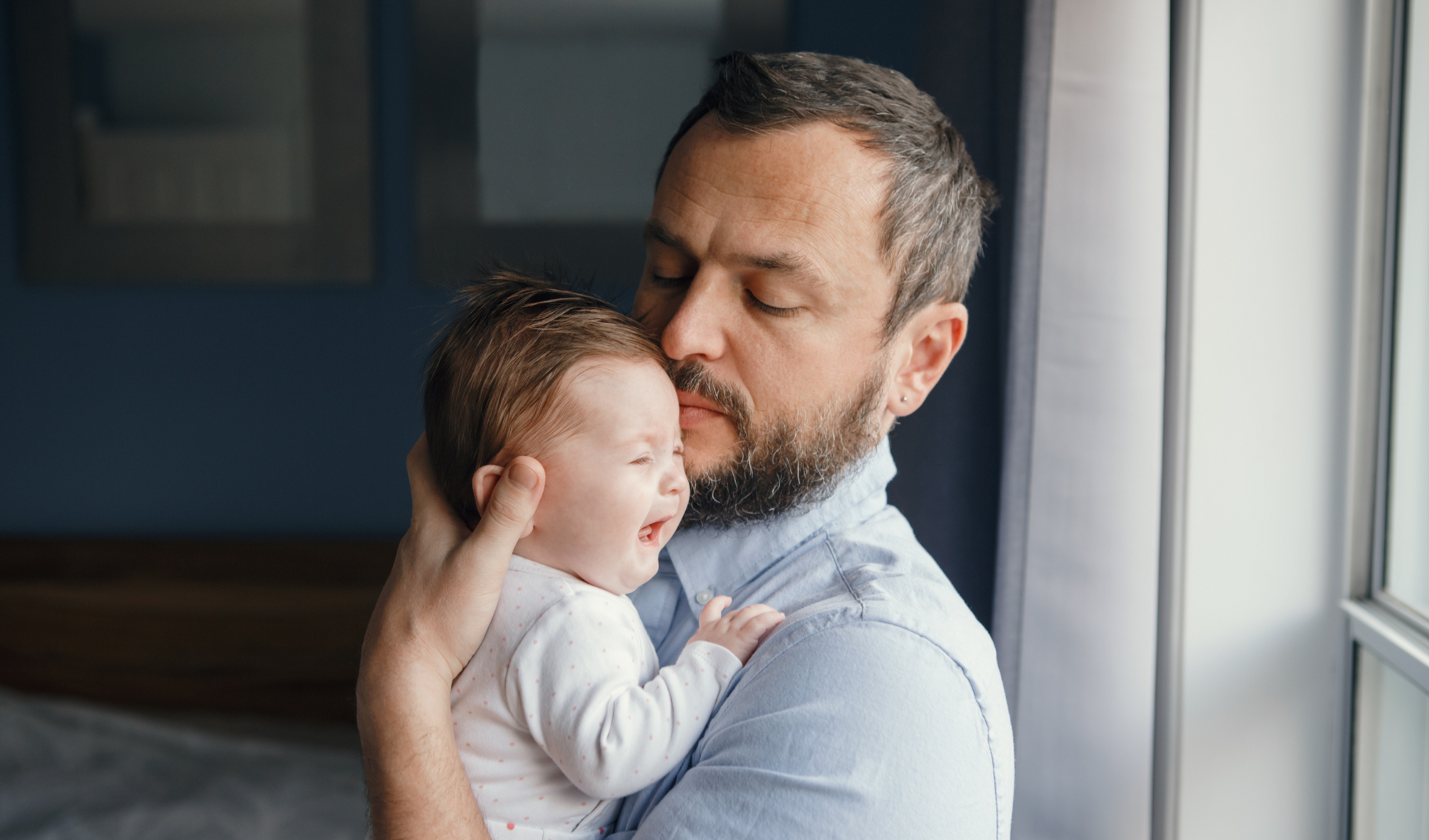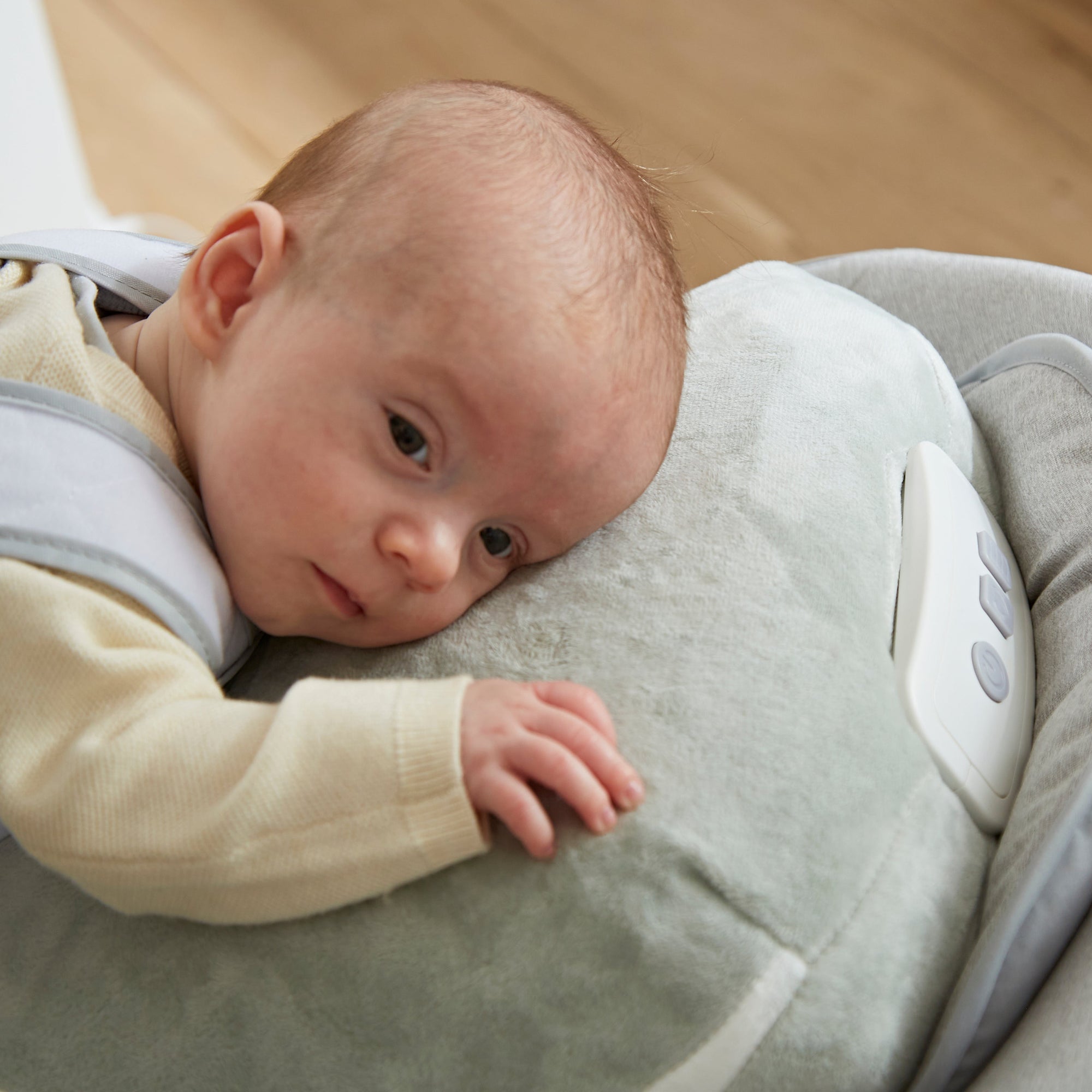Experienced by mothers and partners across the globe, postpartum depression is extremely common and experiencing it does not make you any less of a mother. This blog covers the causes, signs and symptoms, as well as treatment options for those who might be experiencing postpartum depression.
What Is Postpartum Depression?
Also known as postnatal depression, postpartum depression is a form of depression experienced by many parents after having a baby. It is different to the ‘baby blues’, which has been found to affect 80% of mothers and typically begin 2-4 days after the birth of your baby. It usually passes within 2 weeks.
Similar to depression, postpartum depression is a persistent feeling of sadness and loss of interest, impacting how you feel, think and behave in the long run.
Incredibly common, postpartum depression can affect up to 20% of women within the first year of giving birth and has even been found to affect their partner.
What Causes Postpartum Depression?
When it comes to the causes of postpartum depression there is no one definitive answer, but rather it can be a complex mix of physical changes and emotional issues, as well as genetics.
Physically, your body will experience a sudden drop in estrogen and progesterone levels - two hormones that play a vital role in a woman’s body, with estrogen regulating the menstrual cycle and progesterone supporting pregnancy. This dramatic drop in hormone levels has been found to provoke feelings of anxiety. Additionally, the hormones produced by the thyroid gland also experience a sharp drop, contributing to feelings of tiredness, depression and lethargy.
After giving birth and having a newborn in the home, you’re likely to feel overwhelmed and sleep deprived, making any problems feel much more difficult to deal with. This alone can contribute to feelings of anxiety, as well as struggles with identity, self-esteem and confidence.
Signs And Symptoms Of Postpartum Depression
Although postpartum depression may develop during pregnancy or even a year after giving birth, most signs and symptoms develop within the first two weeks after birth. It’s important to be aware of the symptoms:
- Excessive crying
- Difficulty bonding with baby
- Withdrawal from social interactions
- Loss or gain of appetite
- Feelings of depression or severe mood swings
- Difficulty sleeping or sleeping too much
- Extreme tiredness or feelings of lethargy
- Loss of interest in previously enjoyed activities
- Restlessness
- Irritability and anger
- Hopelessness
- Difficulty in concentrating or making decisions
- Fear of not being a good mother
- Feelings of guilty, inadequacy, shame or worthlessness
- Severe anxiety and panic attacks
- Thoughts of causing harm to yourself or baby
- Recurring thoughts of death or suicide

Treatment For Postpartum Depression
When it comes to treating postpartum depression, there are three main forms of treatment available.

1. Self Help Strategies
Before trying other options, there may be a few things you, and your friends and family can do to improve symptoms of postpartum depression. This includes:
- Being open about how you’re feeling and your worries
- Eating well
- Resting
- Asking for help when it comes to daily tasks, such as cooking, cleaning, shopping etc.
- Making time to relax with friends and family
- Setting time aside for you to enjoy a daily treat or having fun
- Talking with your partner, family members or primary care physician
2. Psychological Therapy
After reaching out and speaking with your physician, they may refer you to therapy sessions, such as cognitive behavioral therapy, also known as CBT. CBT is an extremely popular and common treatment form for those experiencing postpartum depression, as it provides you with the tools needed to help in the management of thought and behavioral patterns.
3. Medication

Your physician may prescribe an antidepressant if other treatments have not provided the help needed. Antidepressants can be an effective treatment for elevating the mood, which can make you feel more able to complete the tasks that postpartum depression makes seem more difficult. Your physician will make sure to prescribe medication that is safe to take when breastfeeding.
When it comes to experiencing postpartum depression, there’s nothing to be ashamed of. It’s a common condition and there is an array of support groups for mothers available alongside a range of treatment options. Whether you’re going through a bout of ‘baby blues’ or dealing with postpartum depression: you’re not alone, everything will work out for the best.
For more help or resources, please visit the mayo clinic.


